T4K3.news
New view on consciousness
Annaka Harris argues consciousness may be a fundamental property, reshaping how we think about mind and matter.
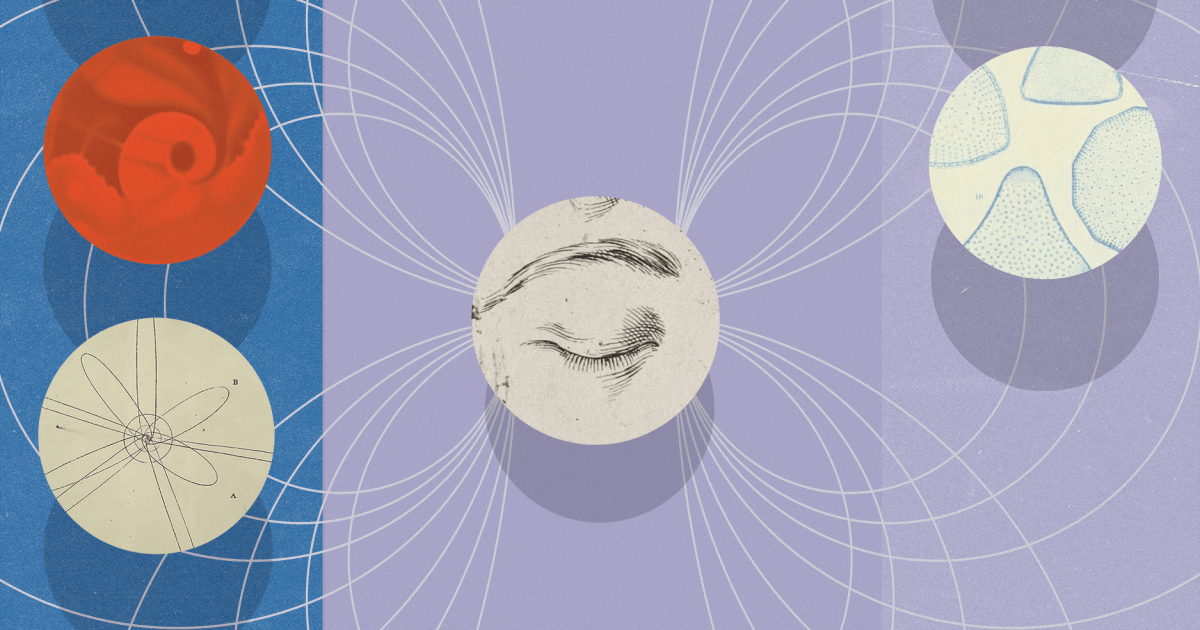
A conversation with Annaka Harris about shared perception, experimental science, and why our intuition about consciousness is wrong.
Consciousness seen as fundamental by Annaka Harris
Annaka Harris, author of Conscious and director of Lights On, discusses how she has built a bridge between neuroscience and physics to explore consciousness. The interview covers shared perception, experimental science, and why common intuitions about the mind can mislead science.
She argues that consciousness may be fundamental rather than a byproduct of neural complexity. She describes a view where matter is consciousness at bottom, moving beyond traditional materialist and idealist labels. The discussion also highlights limits in language and math, and the potential of new kinds of conscious experience to teach us something new about reality. Harris cites experiments like a vibrating belt that gives people a sense of magnetic direction as a glimpse into how humans might acquire entirely new perceptual modes and intuitions.
Key Takeaways
"I don't believe the mind creates matter."
Harris on her stance against strict materialism.
"The scientific method is the only self-correcting system we have for expanding our understanding."
Her view of science as a self-correcting path.
"If we’re willing to admit we have made incorrect assumptions and apply our tools more creatively, we might finally get somewhere."
On humility in science.
"What if we started from the opposite assumption that consciousness is fundamental and everywhere?"
Challenging current frameworks.
The perspective Harris offers pushes readers to reframe what counts as evidence. It questions whether our scientific tools are too tied to old assumptions about how mind and matter relate. If consciousness is more fundamental, future research could blend neuroscience with physics in unexpected ways and open room for new forms of communication among scientists.
This approach could inspire educators and researchers to teach questions as much as answers. It also invites careful exploration of how far perception can be extended without losing the rigor that science requires. The idea that we might share intuition directly challenges current methods and could reshape how we imagine future discoveries.
Highlights
- I don't believe the mind creates matter.
- A new sense can change how we understand the universe.
- If we admit wrong assumptions, we open new questions.
- What if we started from the opposite assumption that consciousness is fundamental and everywhere?
The journey into consciousness asks us to rethink what evidence is and what reality could be.
Enjoyed this? Let your friends know!
Related News
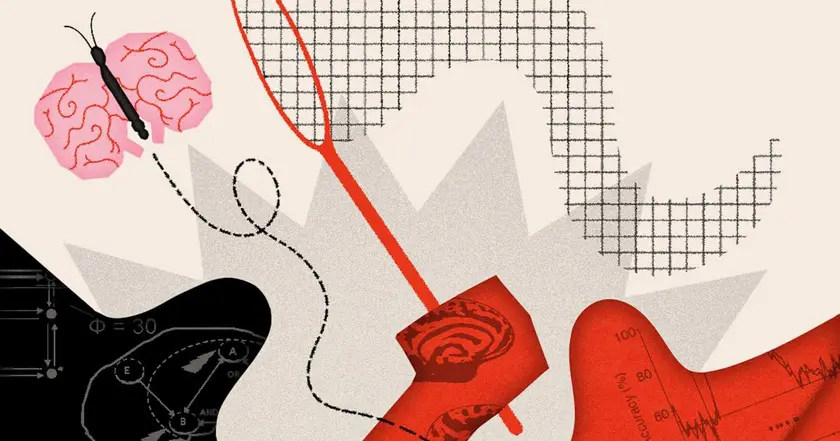
Consciousness research faces funding test and theory renewal

Sleep stages illuminate consciousness
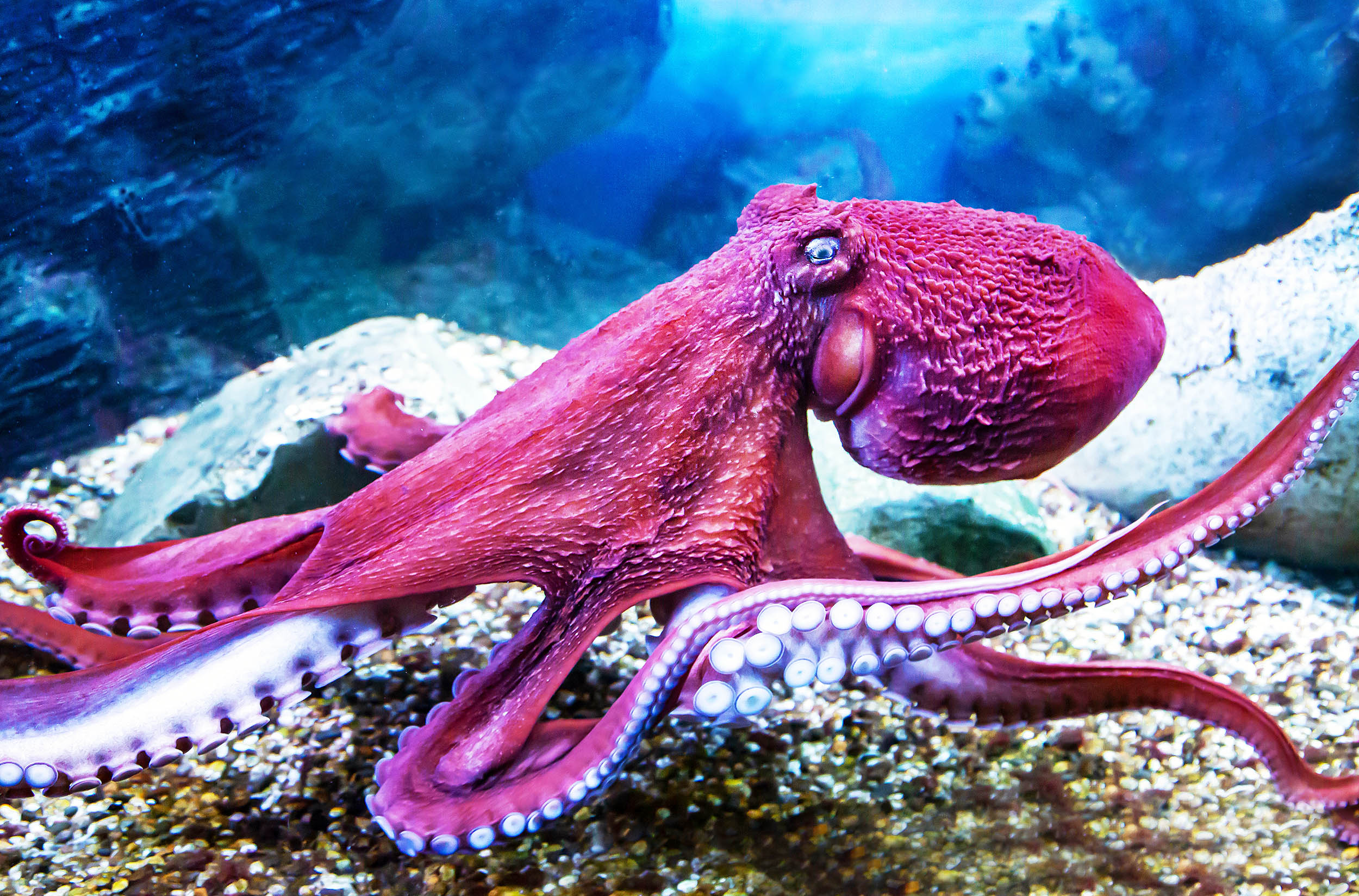
Octopuses fooled by rubber hand illusion

Leagues Cup's future relevance questioned following Messi's exit

Primland named best U.S. resort for 2025
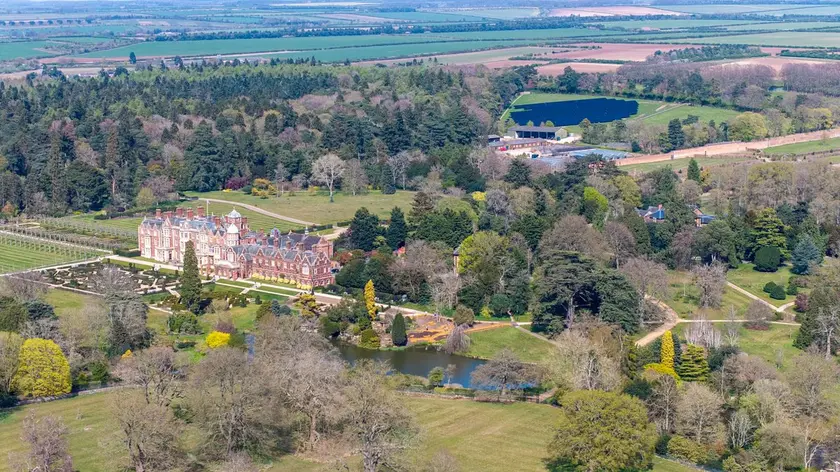
Solar farm powers Sandringham estate
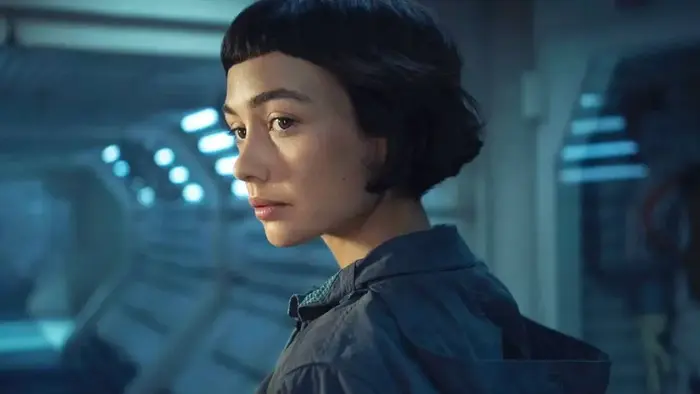
Alien Earth posts 9.2 million views in six days
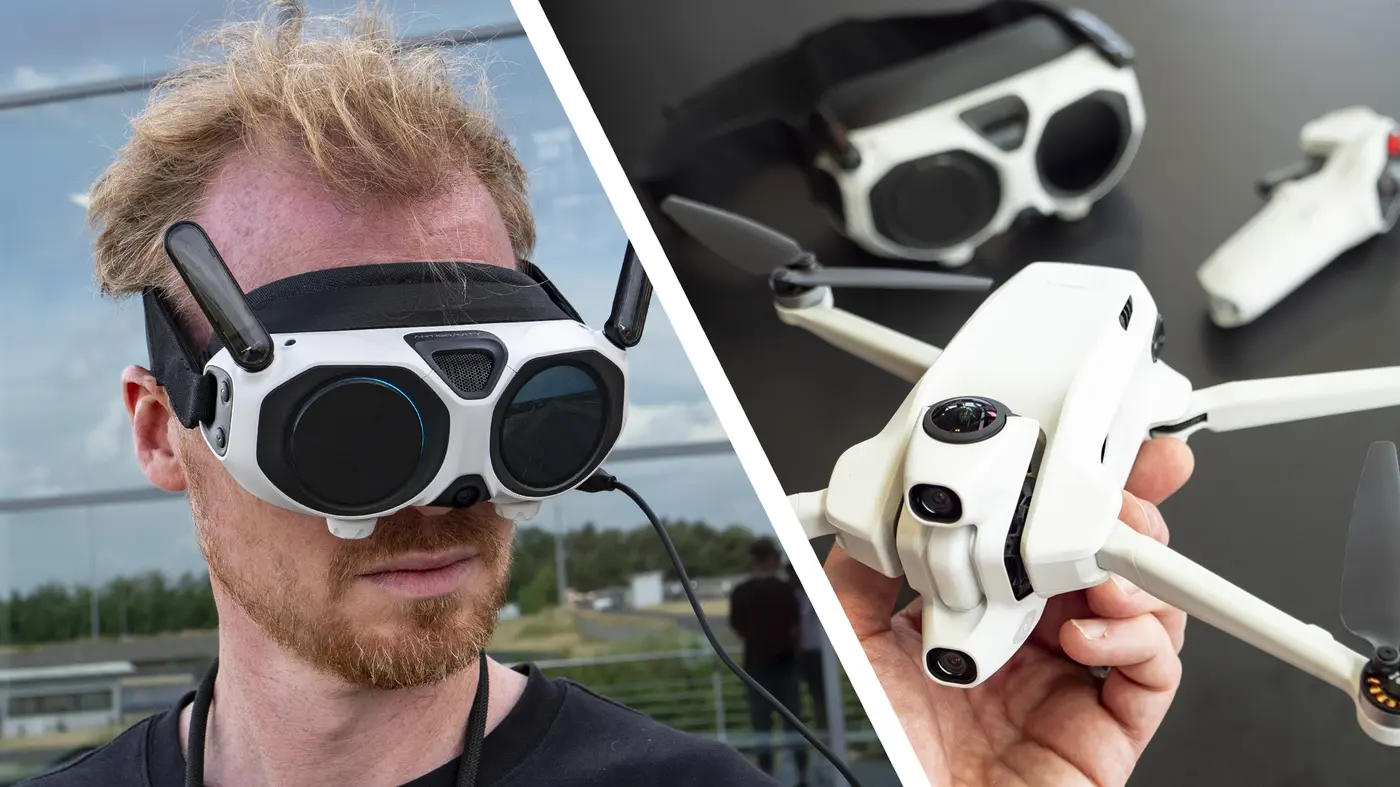
Antigravity A1 launches a new era for light 360 filming
